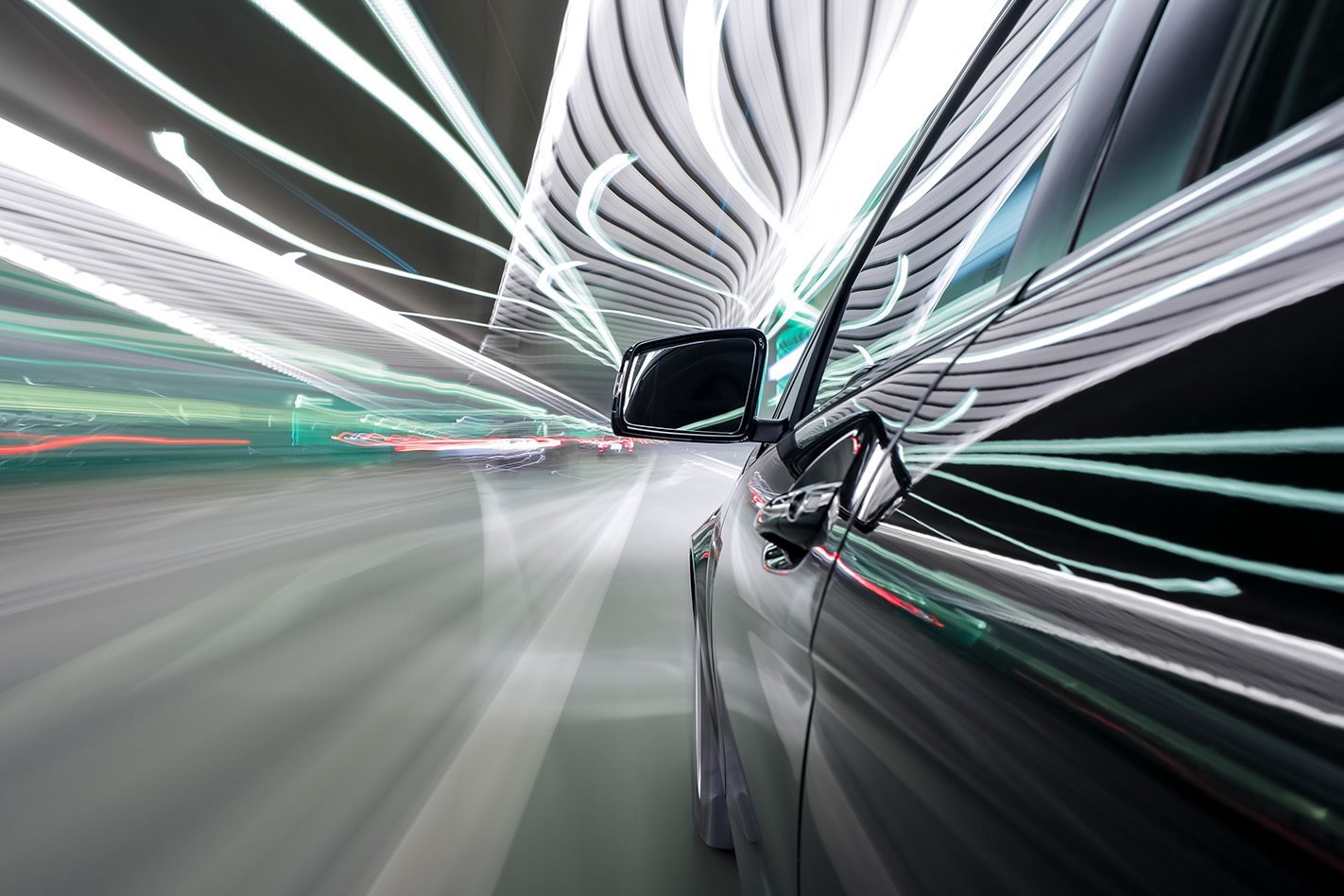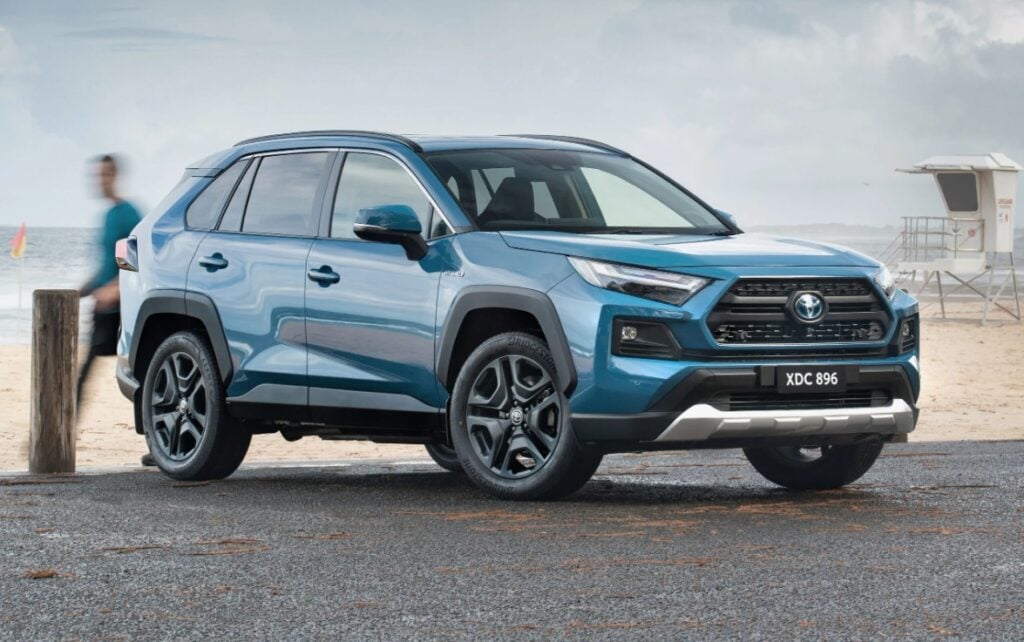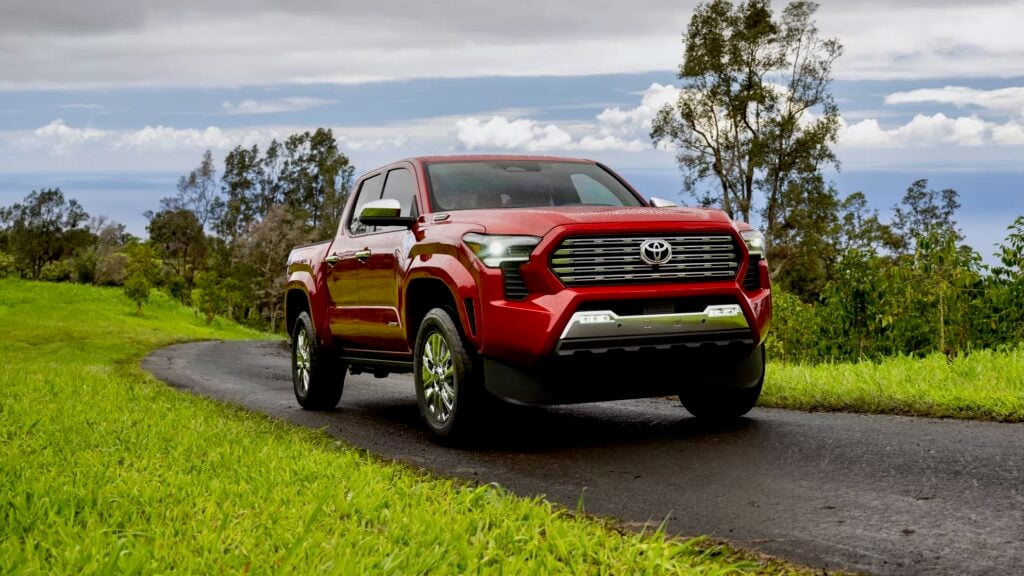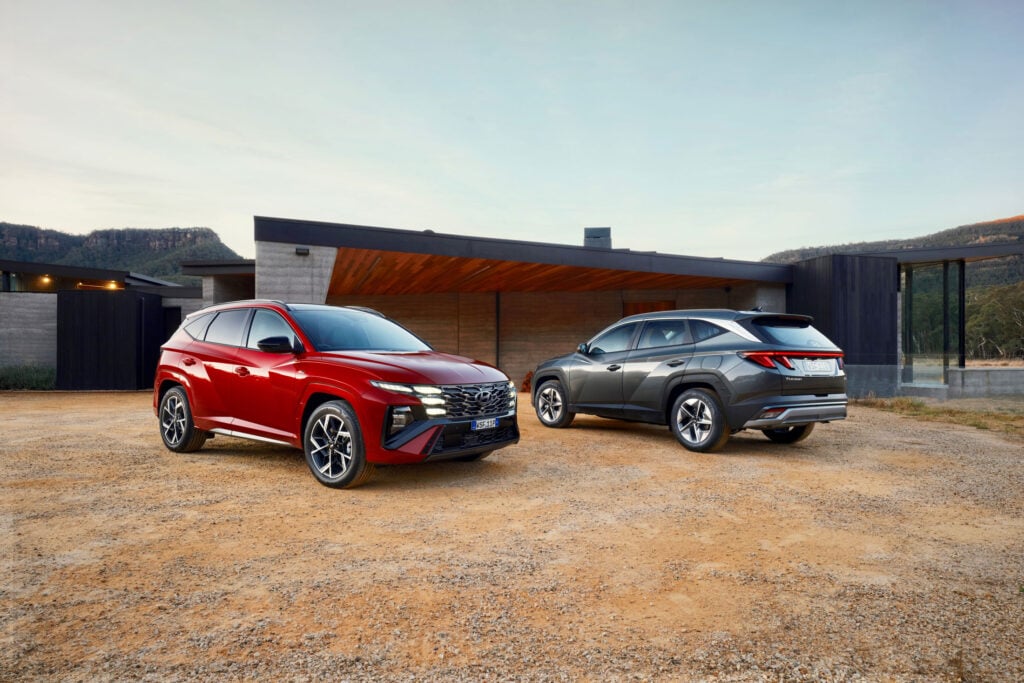A former Cannonball Run record holder believes that the automotive world’s most illegal benchmark will ultimately be broken by autonomous vehicles.
Alex Roy set the first ‘modern’ Cannonball record in 2006, more than 20 years after the final U.S. Express event, crossing America with co-driver David Maher in 31 hours 4 minutes.
His New York to Los Angeles dash was documented in detail in the recently released film Apex: The Secret Race Across America.
In recent months there has been a flurry of Cannonball attempts, culminating in the current record of under 26 hours for the roughly 4507km journey. These most recent runs have been mired in controversy, as they are conducted against the backdrop of an ongoing global pandemic.
Speaking to Wheels, Roy says it’s highly likely that autonomous cars will eventually eclipse any record set by human drivers.
To achieve the most recent sub-26 hour record figure the anonymous team of drivers had to maintain an average speed of 173km/h. Roy is adamant that this will eventually be beaten by the inevitable advancement of driver-assistance technology.
“I think where a lot of these guys are going to trip themselves up in the future is they keep saying there are no rules, but I think in the future, when these records are broken, they are going to be broken in semi-autonomous or autonomous vehicles,” he tells Wheels.
“Those will be able to do a higher speed, and get across quicker than anything that has gone before. It will literally be safer.
“At that point, the people who have the current records, are probably going to say ‘Oh, that’s against the rules!’. Whoever is in that autonomous car is going to say ‘What?! There are no rules!’.
“At that point in time, the state of the art is going to be some guy, probably a safety engineer, who hacks the speed limit on an autonomous car so that it can do 180mph [290km/h] the whole way.
“It’ll be able to do it safer than any human can do it alone, and that will be the future of the Cannonball Run.”
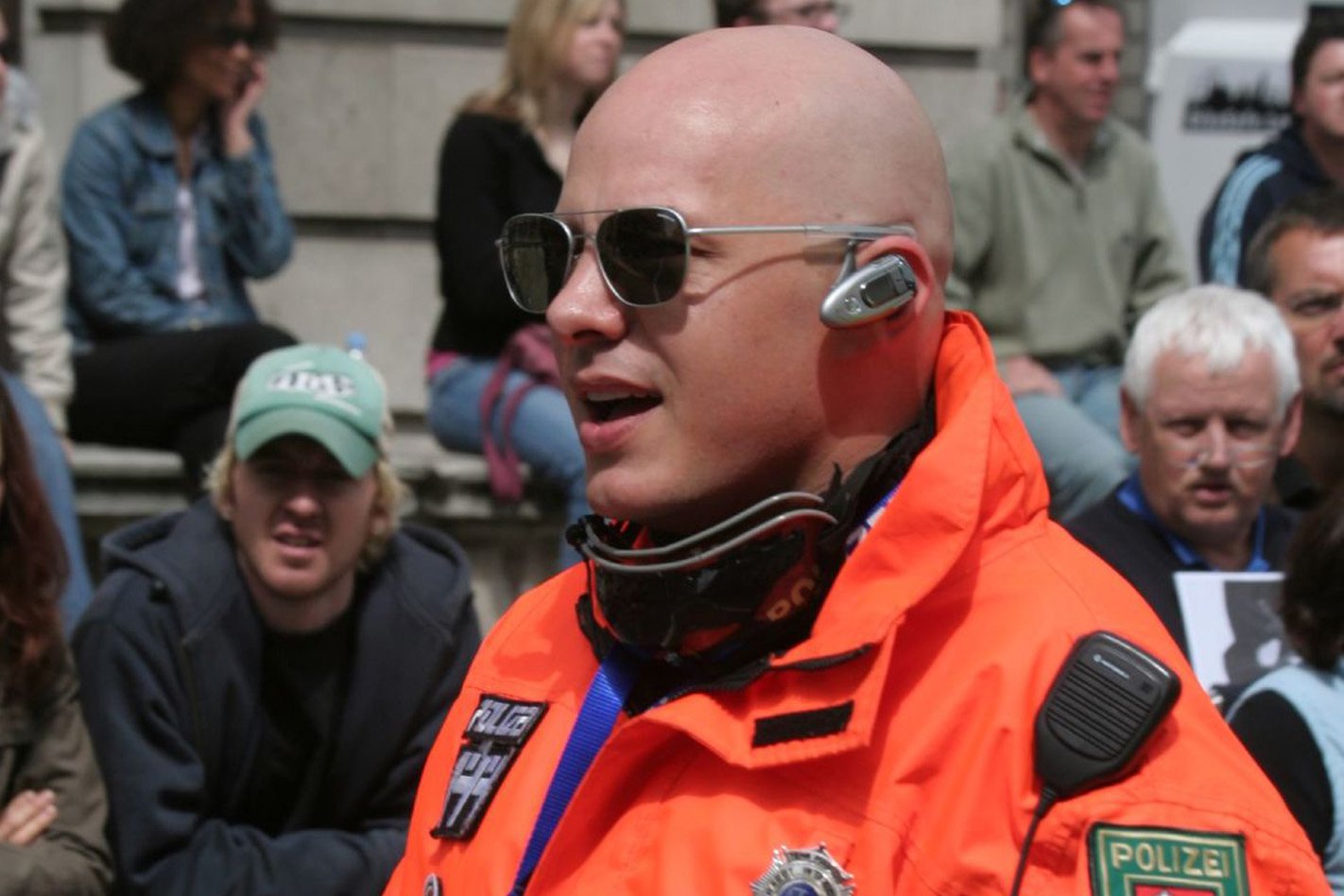
For Roy, this advancement of technology that allows faster and faster cross-continental journeys is part of the appeal of Cannonball Runs. He recalls that future technology use has been a central ethos of coast-to-coast records since the original runs conducted by Erwin G. ‘Cannonball’ Baker.
“When Cannonball Baker first went across, he was hired in 1915 by [vehicle manufacturers] Cadillac, Stutz and Gardner, for the sole purpose of showing that internal combustion polluted less than trains, and that the road network was good enough to drive across country, and that it was safe,” Roy explains.
“And so, he went across, and went across the United States in hundreds of vehicles. This was his job, to set Cannonball records.
“Today, going across safely in an electric vehicle with ADAS and driver assistance, to me that’s the challenge. People will chip away at [the current record] for the next 20 years.
“The science of it, and the art of it is not about driving as fast as you can, but about defeating the algorithms of battery charging, how can you hack the battery cooling system, what can you do to optimise charge times, and the science becomes really serious.
“We are probably very close to the theoretical limit of internal combustion fuel economy whereas the battery technology could double, triple, quadruple in efficiency.
“Then the driver assistance is going to profoundly improve. It’ll be a very long time before an autonomous vehicle does this, but when the driver assistance is capable of working on, say, German highways, it is going to work on American highways too.”
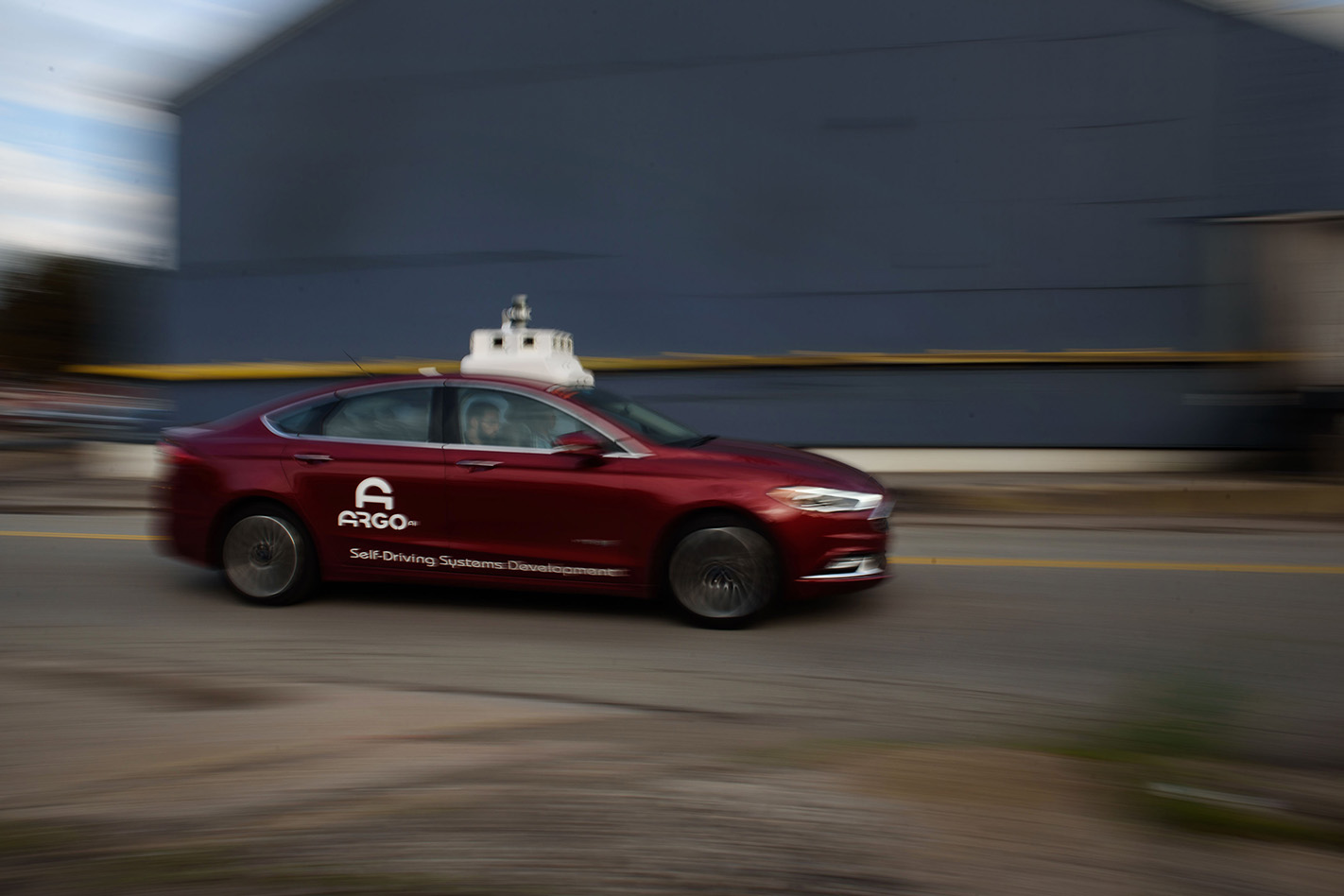
Some 14 years since he became the fastest man to cross America in a car, Roy has mellowed somewhat, now leaving outright Cannonball Run record attempts to the next generation of enthusiasts – instead focusing on more complex challenges.
“I now drive like a baby; I am so cautious. I often don’t use a radar detector because I’m not speeding. I guess I am trying to set a good example – I’m getting older,” he reflects.
“There is always going to be someone younger, faster, that has got something to prove. So, it’s important that when time passes, to grow with it. We have to grow with our age.
“A lot of people are obsessed with asking ‘are you gonna go and break the record again?’. The answer is no.
“That’s unless it’s an electric or autonomous vehicle, because it’s important that we not try and keep racing the same race, whatever it is we are doing. It doesn’t matter what your hobby is, because there will always be someone younger who is hungrier, that’s the nature of life.”
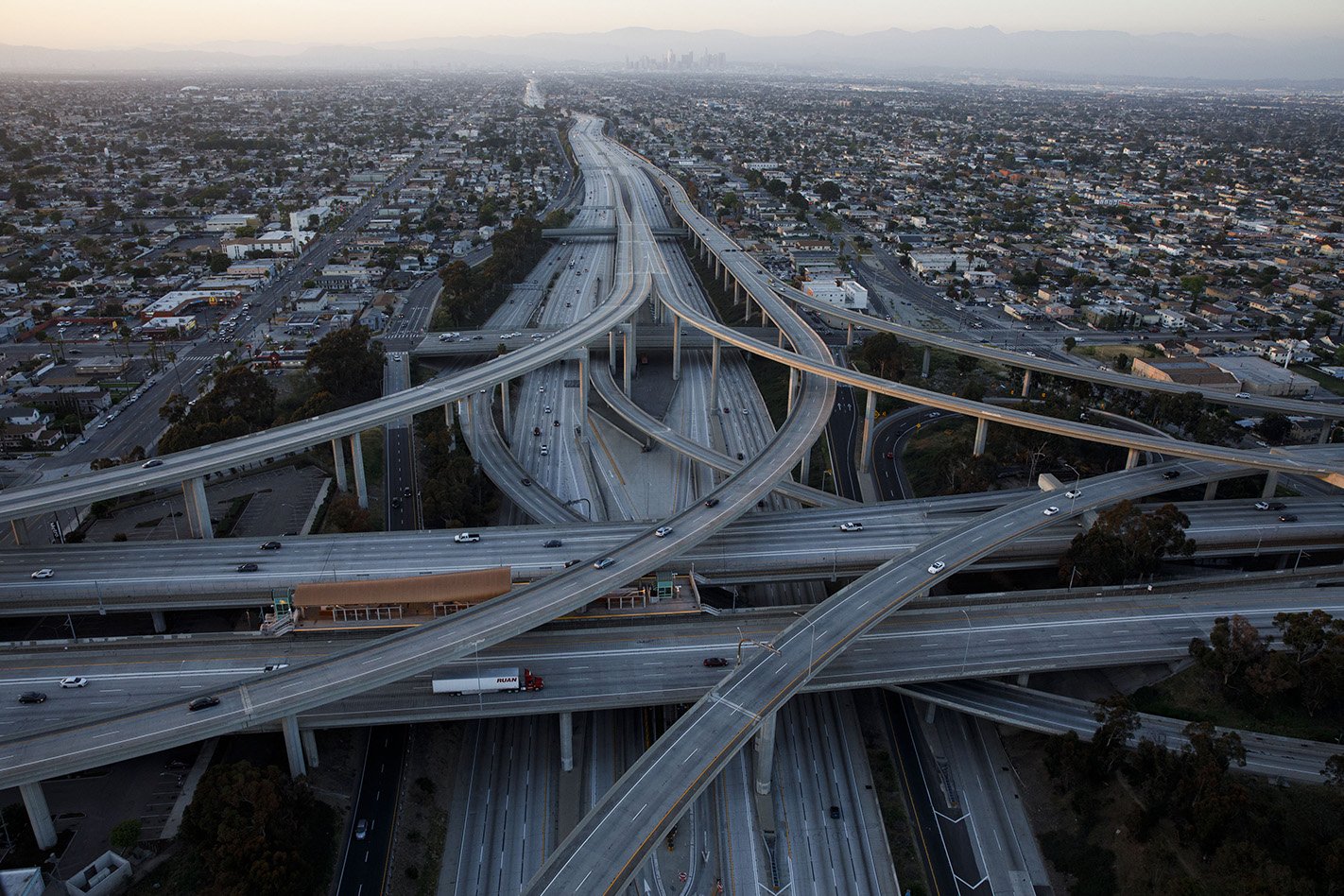
The inevitability of progress, both human and technical, is something Roy has accepted, and is now fascinated to watch happen.
“There are people who are obsessed with going faster and faster in vehicles that use state of the art technology,” he says.
“What we had in our BMW [an E39 M5 used for the 2006 record run], was already at that point seven or eight years out of date, and was superseded by vehicles with active suspensions etcetera.
“Human ingenuity is impossible to stop.”
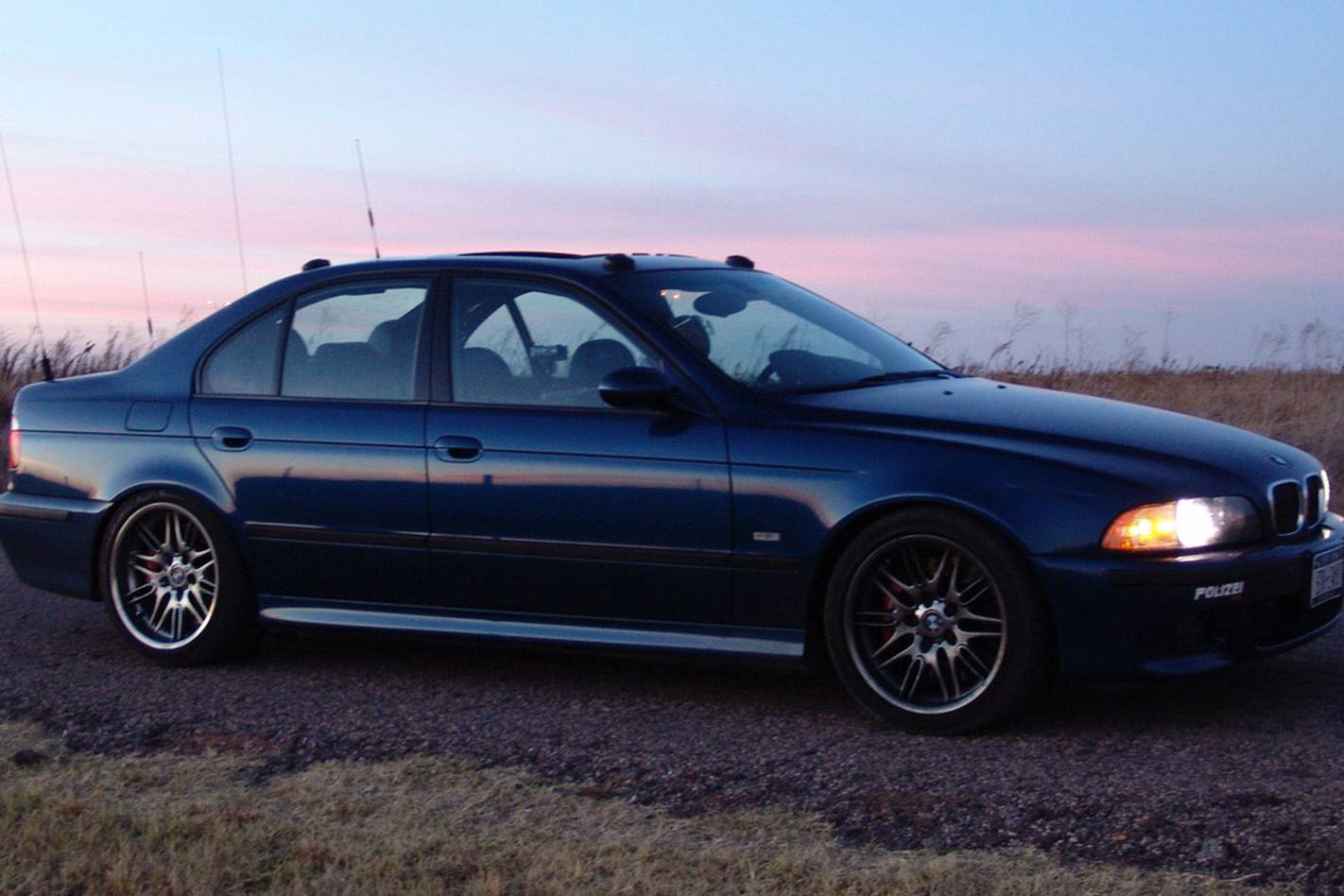
Roy refrained from passing judgement on the most recent record attempts, but with a smirk recalled that even the man behind the original Cannonball Run events in the ‘70s, Brock Yates, disapproved of his modern run.
“When Brock Yates found out what we had done, he was very opposed to it, in 2006,” Roy recalls.
Perhaps, one day the current record holders will take the same view of future autonomous attempts. Regardless, it can be guaranteed that there will continue to be an underground community of renegades dedicated to crossing America in the fastest time possible – whether that be at the wheel themselves or building an algorithm to take control.
As Roy explains, “the challenge isn’t to be the fastest, but to take technology – whatever it is – and see what you can do with it and if you can push a little further.”


